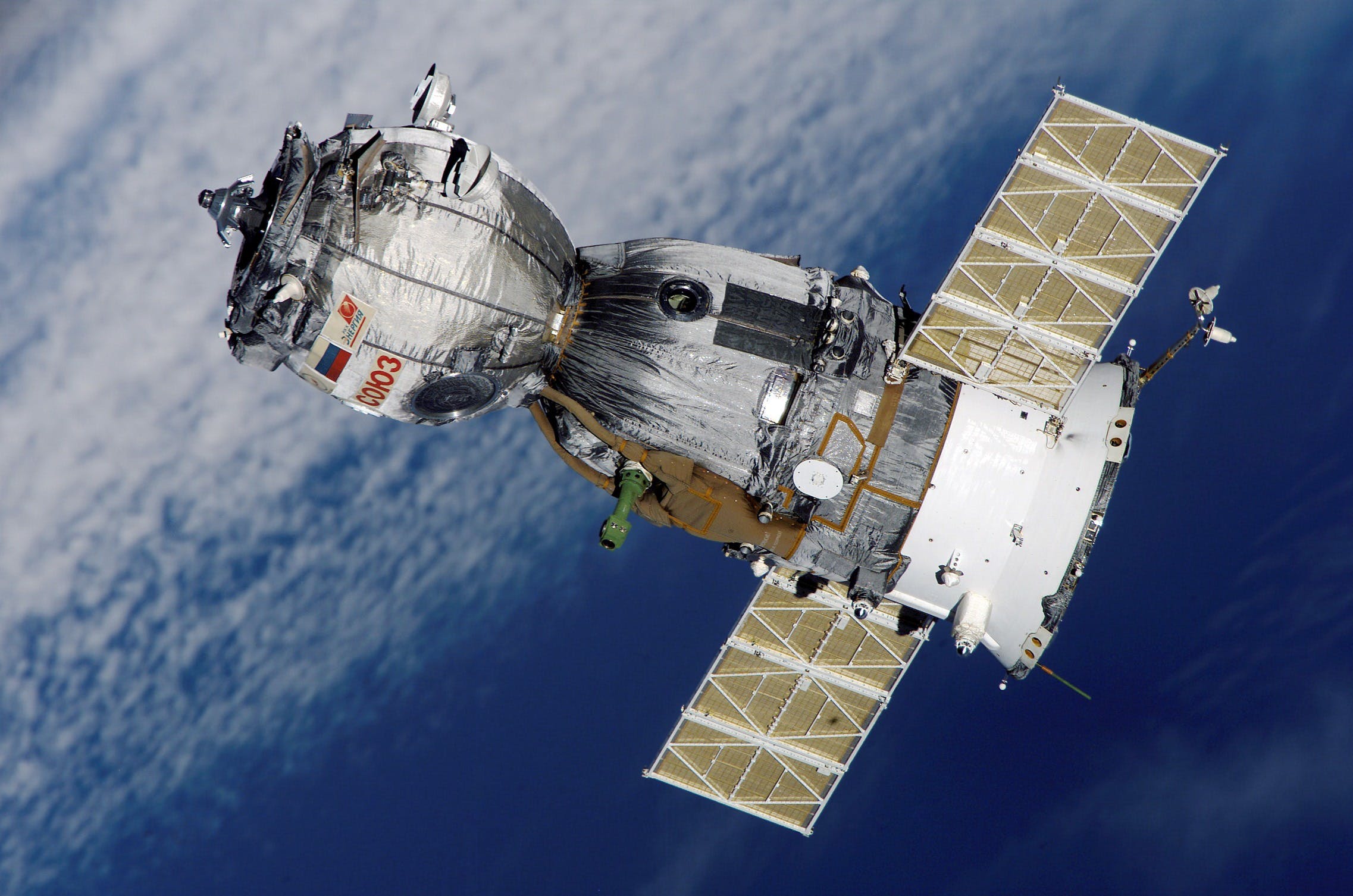Unveiling the Cosmic Frontier: A Journey Through Space Exploration

In the vast expanse of the universe beyond Earth’s atmosphere lies the realm of space exploration – a venture fueled by human curiosity, technological innovation, and the pursuit of knowledge for the betterment of humanity. This captivating odyssey, encompassing both crewed and uncrewed spacecraft, has deep historical roots, with its evolution chronicled in the section “Chronology of crewed spaceflights.”
Humans, gazing at the night sky since time immemorial, found their fascination with space kindled by the development of rockets, electronic advancements, and other technologies in the 20th century. The ability to send machines, animals, and eventually people into outer space marked a transformative era, propelling humanity into uncharted territories beyond Earth’s confines.
Long before technological advancements facilitated space exploration, the cosmos had already captured the imagination of pilots, scientists, writers, and artists alike. The enduring allure of space travel, as depicted by Tom Wolfe in “The Right Stuff,” manifests in the audacious decision of individuals to perch atop mighty rockets, awaiting the ignition of a metaphorical fuse.
The pervasive influence of space exploration extends beyond the confines of technology and science, seeping into the realms of literature and art. Centuries of speculative fiction and modern cinematic endeavors portray the indomitable human spirit taking countless “small steps” into the cosmic unknown, well before Neil Armstrong imprinted humanity’s first footprints on the Moon.
Spaceflight, a gateway to exploring the solar system and beyond, offers unique perspectives on celestial objects and phenomena. Moreover, it leverages the resources and attributes of the space environment for human benefit, intertwining the threads of discovery, scientific understanding, and practical applications.
Throughout the latter 20th century and into the early 21st century, the financial constraints of space exploration meant that only national governments could bear its substantial costs. This reality prompted space programs to serve diverse interests, contributing to national prestige, security, military strength, and public welfare. Commercial space activities, notably satellite-based telecommunications, flourished independently of government funding, showcasing the potential for private sector involvement.
The narrative of space exploration, once solely the domain of governments, now includes the dynamic contributions of private enterprises, charting a course towards a future where the cosmic frontier becomes accessible to those beyond national boundaries.




